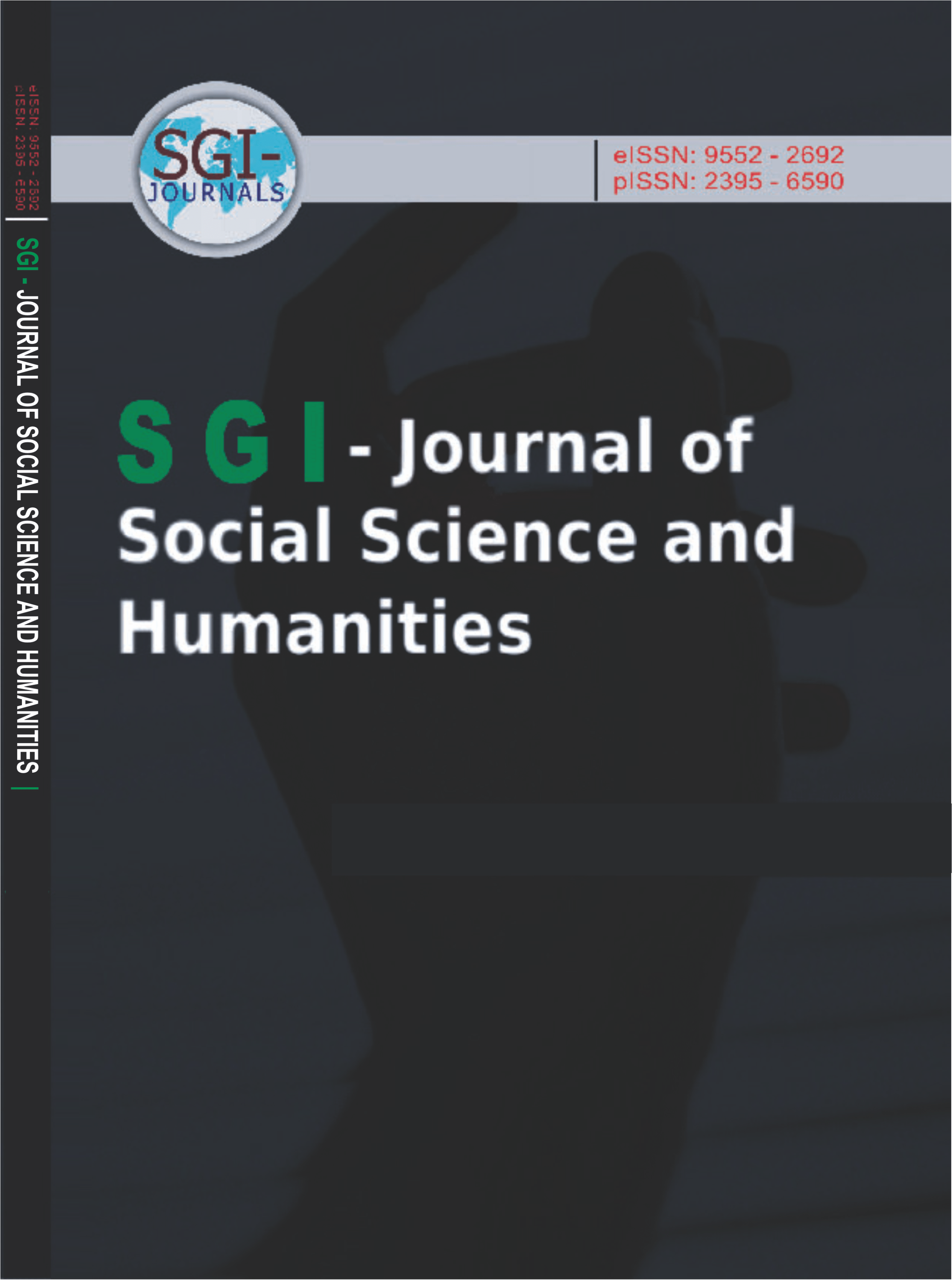SGI-JOURNAL OF SOCIAL SCIENCE AND HUMANITIES (SGI-JSSH)
FUEL SUBSIDY REMOVAL AND ECONOMIC GROWTH IN NIGERIA
E-ISSN: 9552-2692
P-ISSN: 2395-6590
DOI: https://iigdpublishers.com/article/715
This paper is an empirical analysis of the effect of fuel subsidy removal on economic growth in Nigeria. The overall purpose of the research is to establish how the removal of fuel subsidy has affected economic growth in Nigeria. The researcher used the survey research design. The respondents were sampled across the residents of Akwa Ibom State and primary data was obtained. Statistical Package for Social Sciences (SPSS,24) was used to analyse the data. Based on the correlation analysis that was done, the removal of fuel subsidy has a strong impact on economic growth in Nigeria. It was also empirically established that the removal of fuel subsidy has a great impact on inflation in Nigeria. Lastly, in a bid to examine the effects of fuel subsidy removal on employment, it was established that fuel subsidy has a huge effect on employment in Nigeria. The study thus advised that the government needs to invest in other sectors other than oil and gas like agriculture, manufacturing and technology to ensure that the country does not rely on oil revenues, ensure that vulnerable groups are not directly affected by the removal of subsidies, consider implementing cash transfer programs, food subsidies or direct support to the most affected citizens, and invest in education and vocational training programs to make the workforce more employable, especially in sectors less affected by the removal of fuel subsidies.
Imoh Kingsley Ikpe PhD
Adagunodo, M. (2013). Petroleum Products Pricing Reform in Nigeria: Welfare Effects Analysis from Household Budget Survey. International Journal of Energy Economics and Policy, Vol. 3, No. 4, pp. 459-472.
Adelabu, N. S. (2012). The political economy of oil deregulation in Nigeria’s fourth republic: Prospects and challenges. Journal of Emerging Trends in Educational Research and Policy Studies, 3, 193-198.
Adewunmi, M., Remy, H., & Iyewumi, T. A. (2014). The Impact of Fuel Subsidy Removal on SocioEconomic Development In Nigeria An Econometric Investigation. International Journal of Economics, Commerce and Management, Vol. II, Issue 12.
Agah, B., & Ikenga, F. A. (2007). Youth restiveness and the politics of resources control, Nigerian Sociological Review, 3(1 & 2), 61-267.
Anyanruoh, F. (2023 June, 6). Why fuel subsidy removal is good for Nigeria. Vanguard News. Retrieved from: https://www.vangardngr.com/2023/06/why-fuel-subsidy-removal-isgoodfor-nigeria/. Accessed 19/09/2023.
